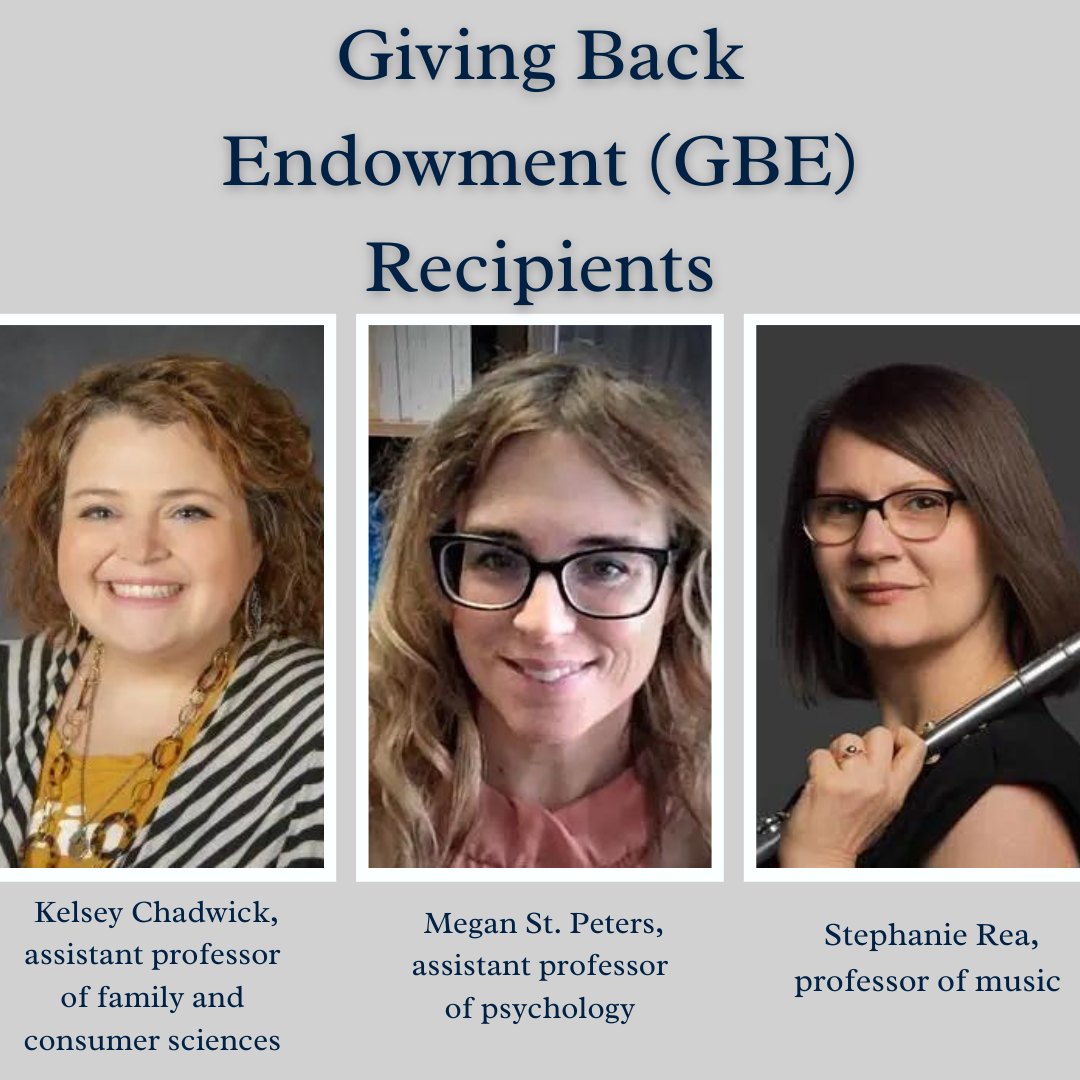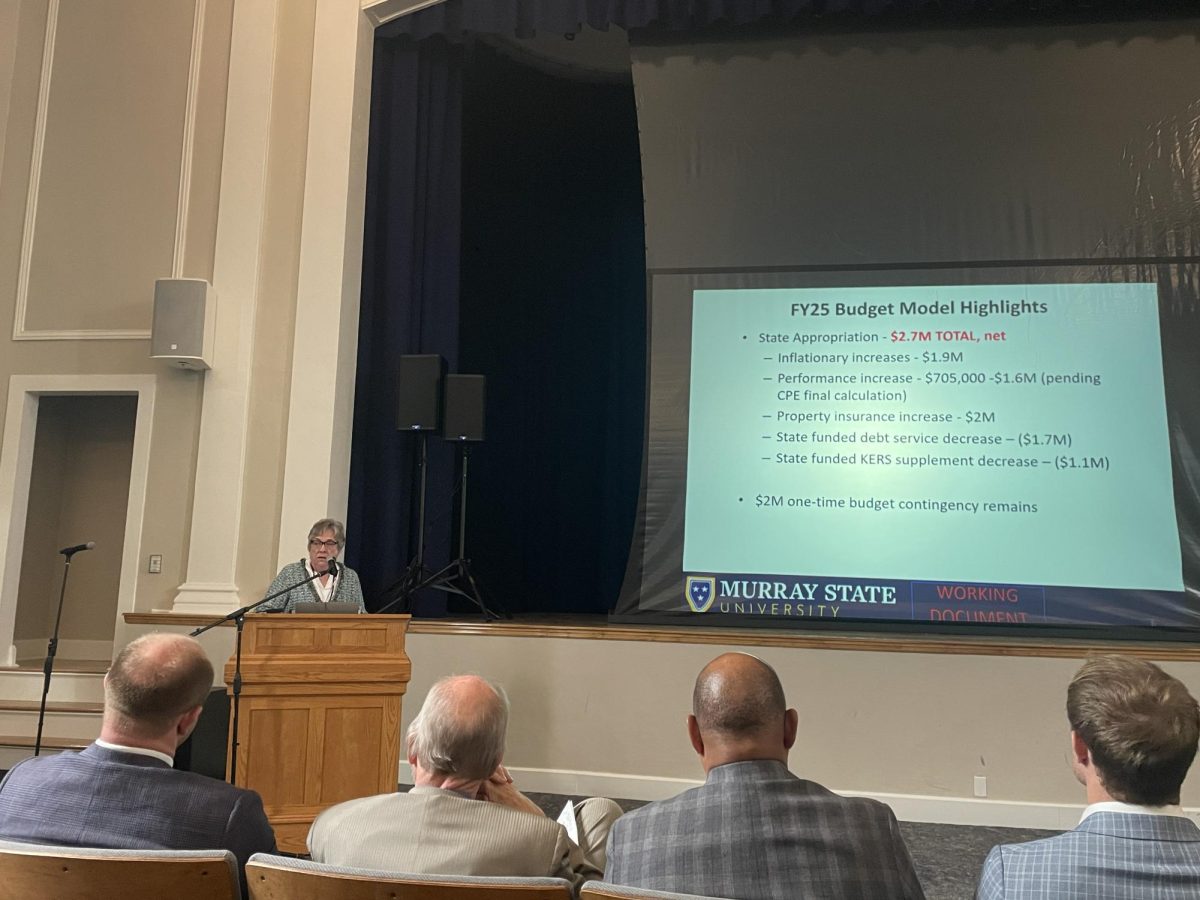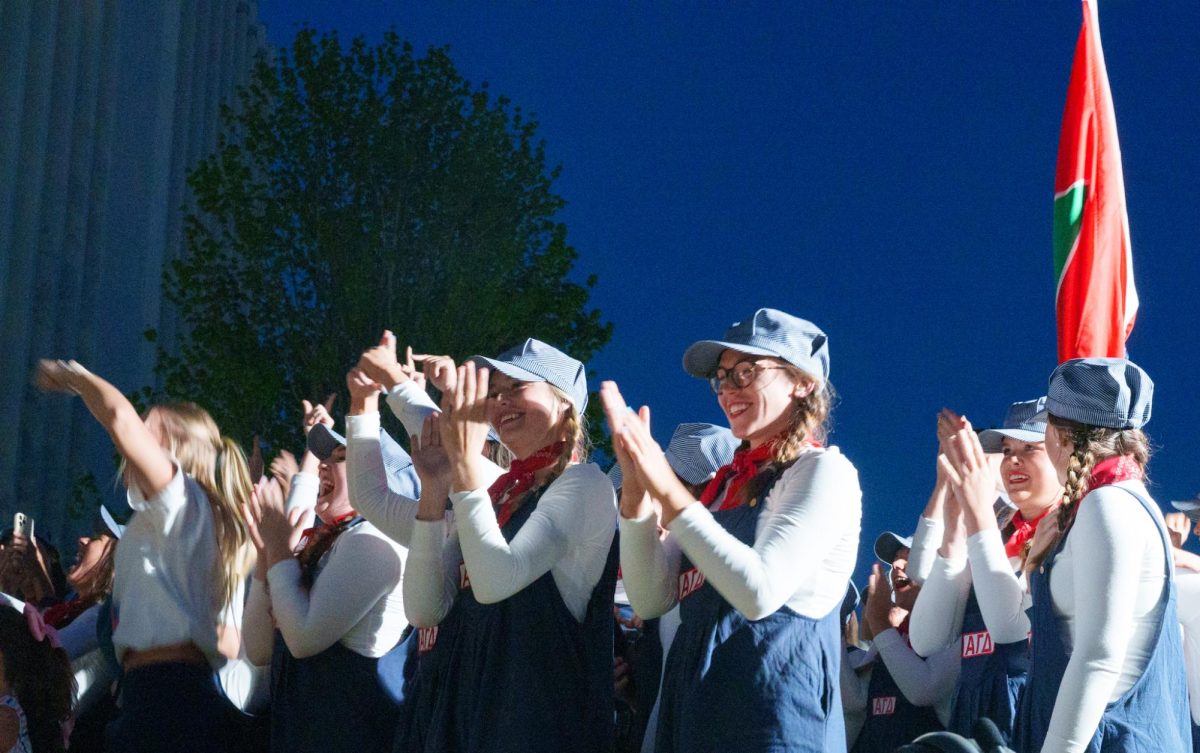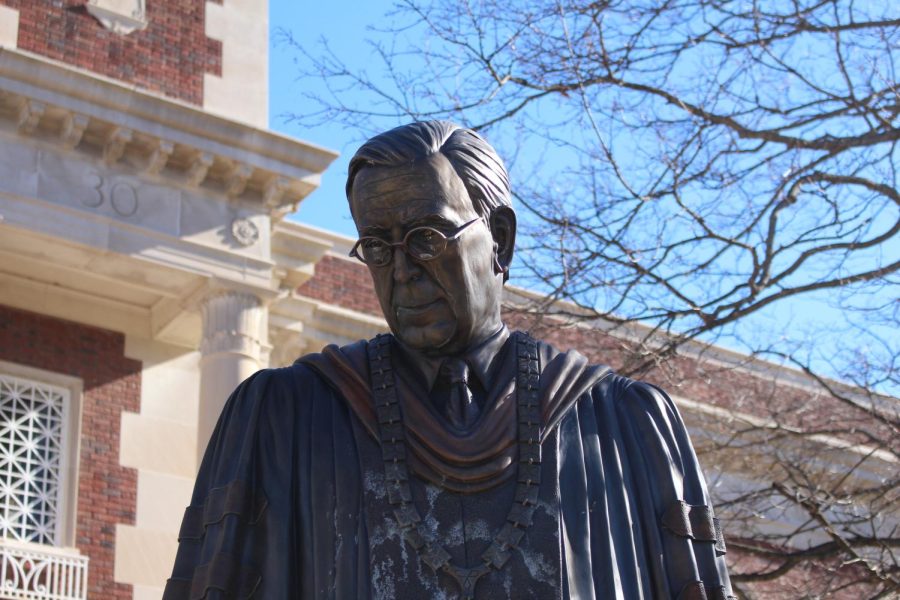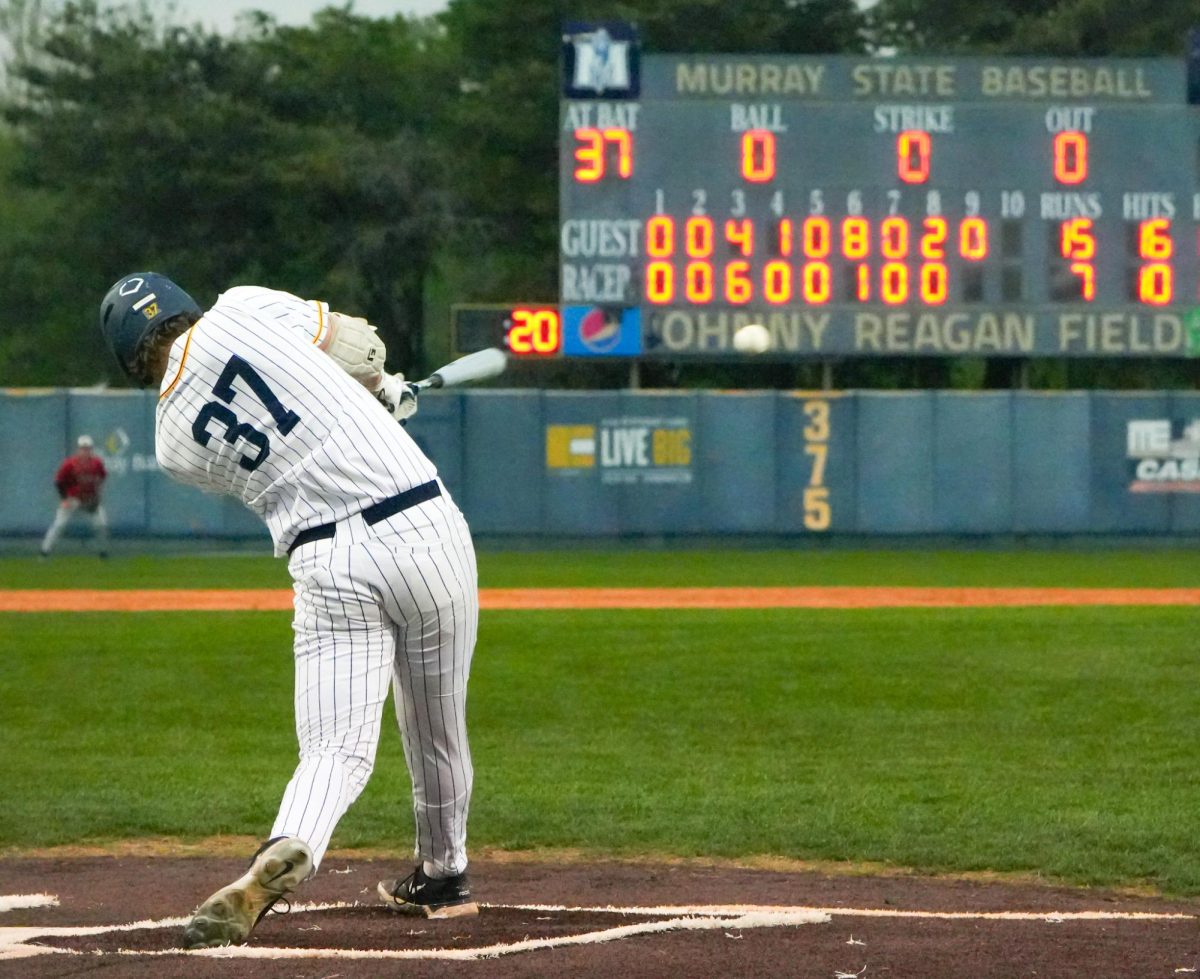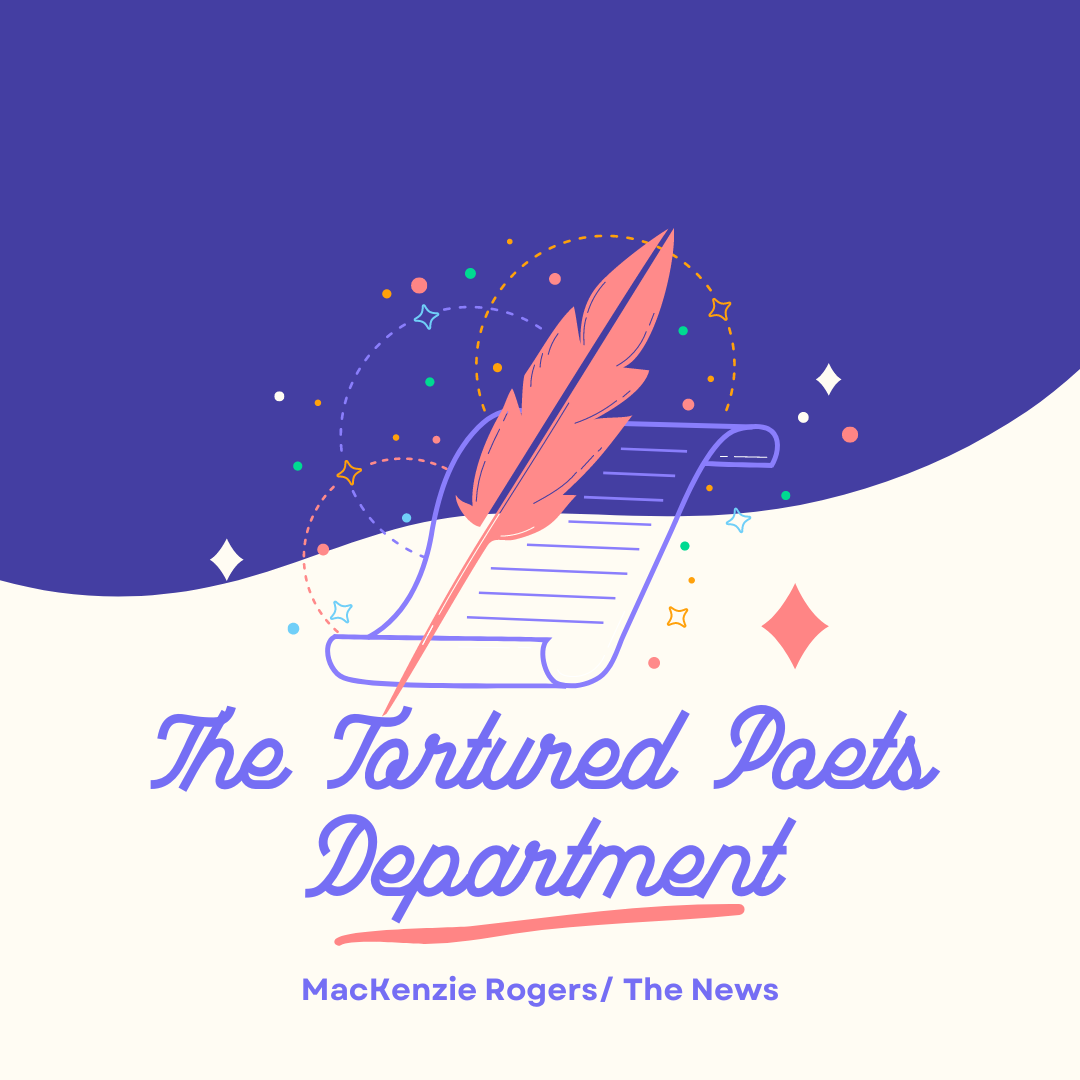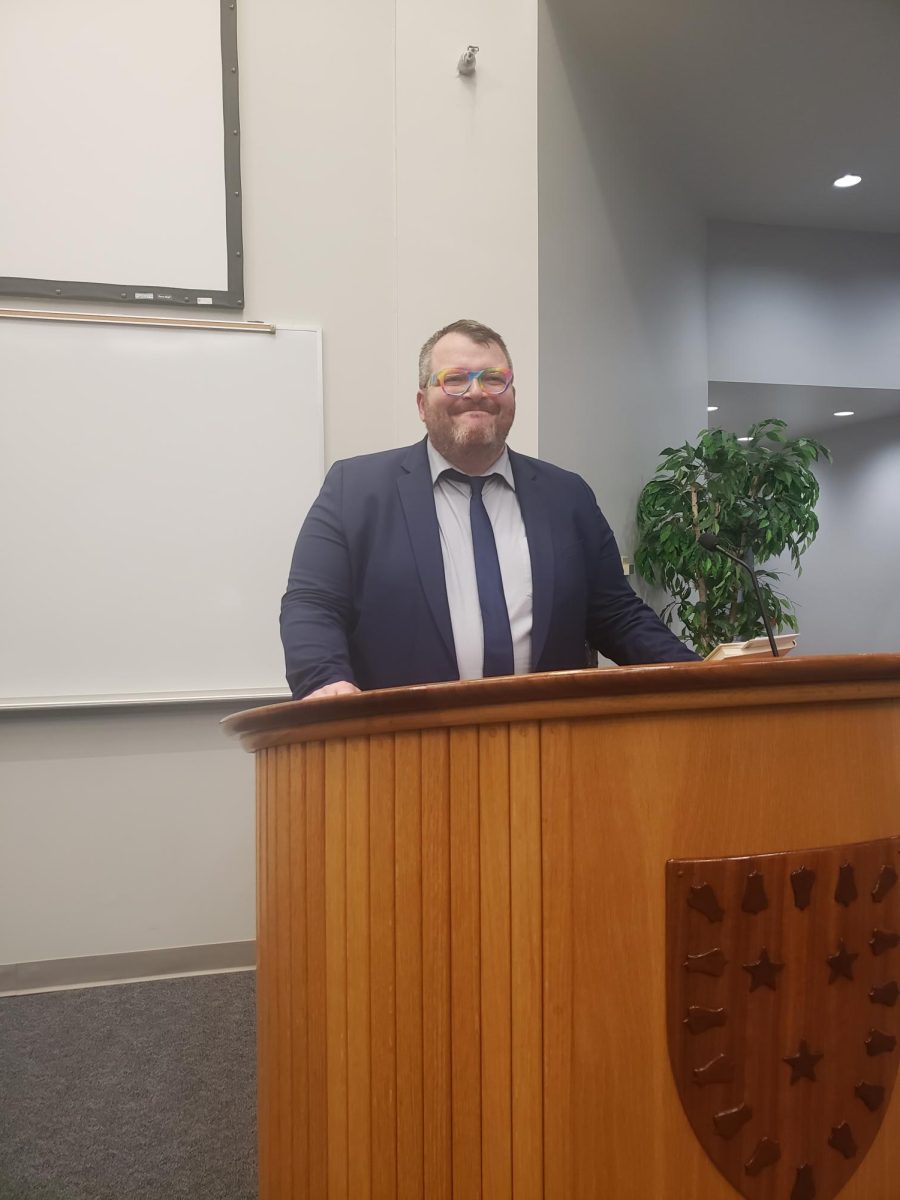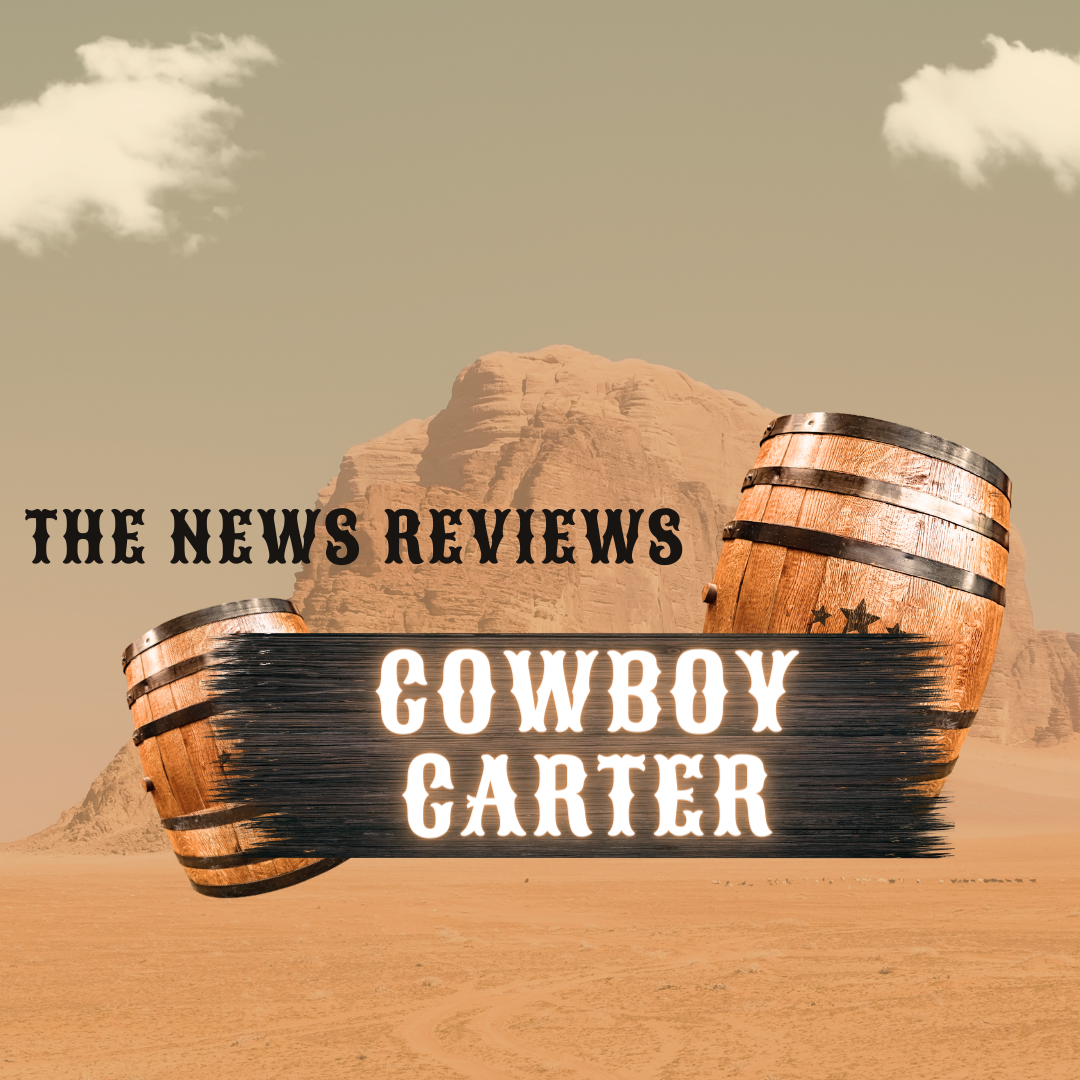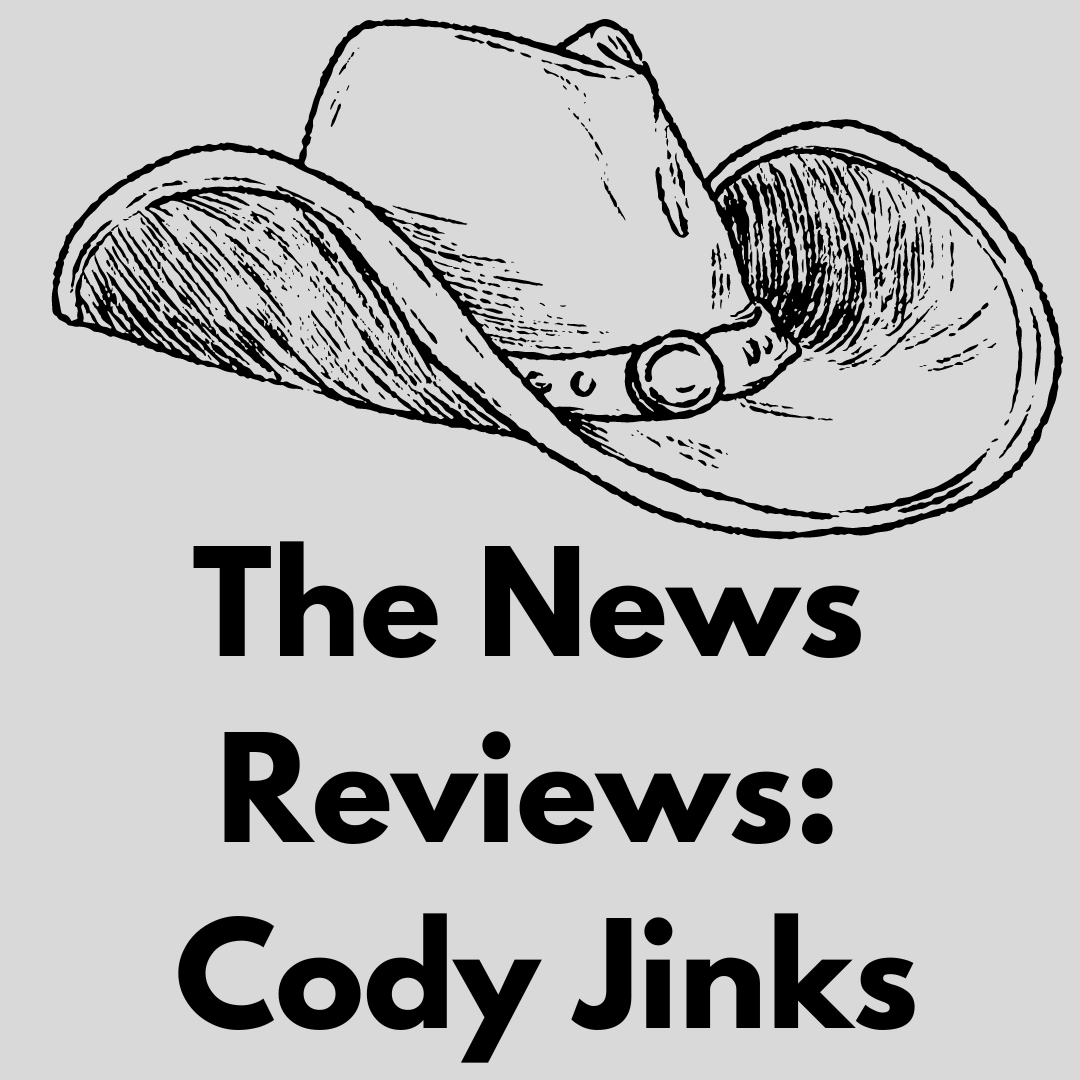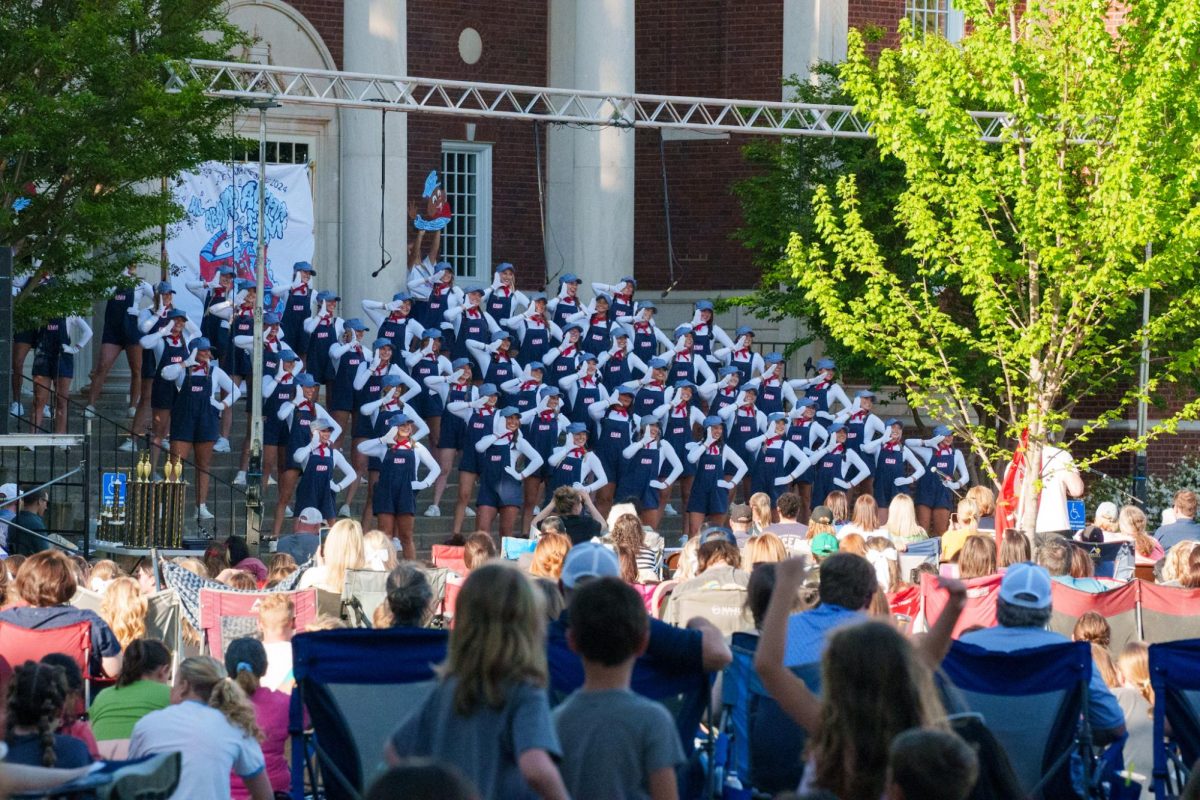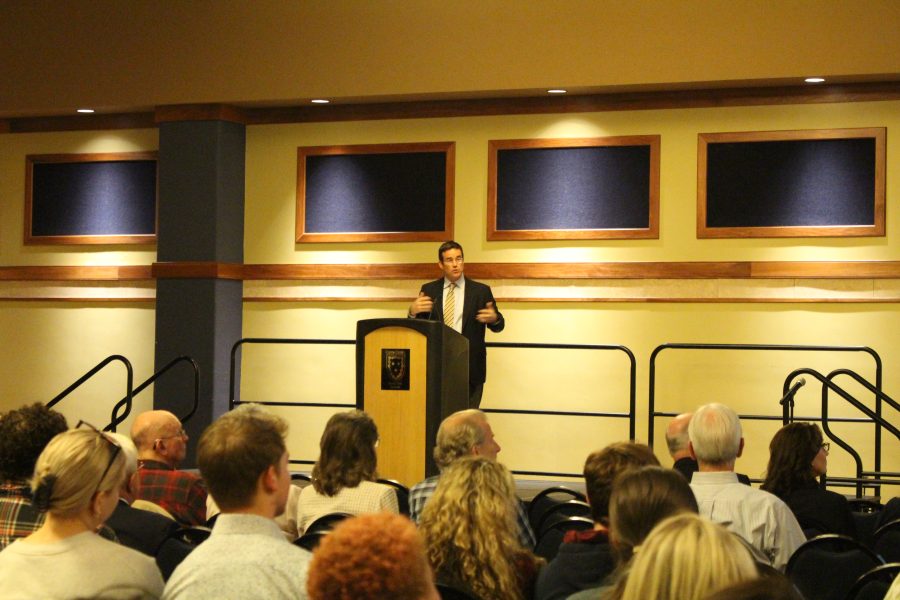Raleigh Hightower
Lifestyle Editor
[email protected]
Celebrating the legacy of Harry Lee Waterfield, the Department of Political Science and Sociology hosted its 44th annual Waterfield Distinguished Lecture.
The lecture was hosted on April 14 in the Curris Center Ballroom, and recognized students within the Political Science and Sociology Department, awarded the Waterfield Scholarship and featured a guest lecturer.
Waterfield was elected the 42nd and 44th Lt. Gov. of Kentucky. He also served in the Kentucky House of Representatives and founded the Investors Heritage Life Insurance Company in 1961.
Among the students recognized were those in the Mock Trial and Model United Nations Clubs. Both Clubs recognized a “MVP” and gave out a “Spirit Award.” Junior political science major Hutch Williams was recognized as Model UN’s MVP.
“Being a part of Model United Nations has been such a fun, educational experience that has affected me in a profound way,” Williams said. “It was a true honor to receive the MVP award for Model UN, I can’t wait to see what happens with the Club next year.”
Awards were also given to outstanding political science, sociology and international studies seniors, and the Dr. Choong Nam Kang awards for best student paper for both undergraduate and graduate students were awarded.
The Department also awarded several students with its annual Harry Lee Waterfield Governmental Studies Scholarship. Recipients of the scholarship must be a junior, senior or graduate student with American citizenship majoring in political science, criminal justice or public administration.
Junior political science/pre-professional legal studies major Ashlyn Tracy was one recipient of the Waterfield Governmental Studies Scholarship.
“Receiving this scholarship was such an honor for my fellow recipients and myself,” Tracy said. “It was inspiring to receive a scholarship in the name of Harry Waterfield because of his and his family’s accomplishments and dedication to public service.”
The Waterfield Lecture has selected a special guest lecturer who works in public service every year since 1977. The first guest lecturer was 52nd Gov. of Kentucky Louis Nunn. Other notable lecturers include the 59th Gov. of Kentucky, Paul Patton; 61st Gov. of Kentucky, Steve Beshear; and Murray State alumnus Associate Justice of the Supreme Court of Kentucky, Bill Cunningham.
This year’s guest lecturer was Dr. David Lewis, a professor in the Department of Political Science at Vanderbilt University. Prior to his time at Vanderbilt, Lewis was an assistant professor of politics and public affairs at Princeton University.
Lewis’s discussion topic was titled “Can the Government Solve Big Problems? Politics and the Infrastructure of Governance.”
Lewis began his lecture by discussing how simple governmental responsibilities such as maintaining infrastructure like roads, bridges and buildings can be neglected due to the nature of politics.
Lewis specifically mentioned the Forbes Avenue bridge in Pittsburgh, Pennsylvania, as an example of this neglect.
“City officials and county officials had known since 2011 that the bridge was in poor condition,” Lewis said. “To fix the bridge it would have cost $1,500,000. There are 175 other bridges in Allegheny County that are in poor condition. Why didn’t local officials in this area spend money to fix this bridge?”
Lewis also discussed how the massive amount of political appointments can slow the work and effectiveness of the government’s bureaucracy.
“Political appointees are coming and going at the top of organizations,” Lewis said. “The Senate and the president have been unable to consistently staff some of these positions.”
Lewis also challenged his audience’s thinking by asking them to imagine how the University might function if a new president arrived every four years. Lewis said he believes this is similar to how many governmental organizations are operating and might explain why they are struggling to complete key tasks.
“Imagine the effect on the University, if every four years the president departed, the provost departed, the deans departed and the chairs departed,” Lewis said. “We would have some concerns, in fact, you might want to transfer.”
The Waterfield Lecture concluded with optimism from Lewis who urged that the problems in the government’s bureaucracies are solvable.
“I am an optimist,” Lewis said. “I believe if we increase the transparency, we might create the right types of incentives to generate momentum.”


